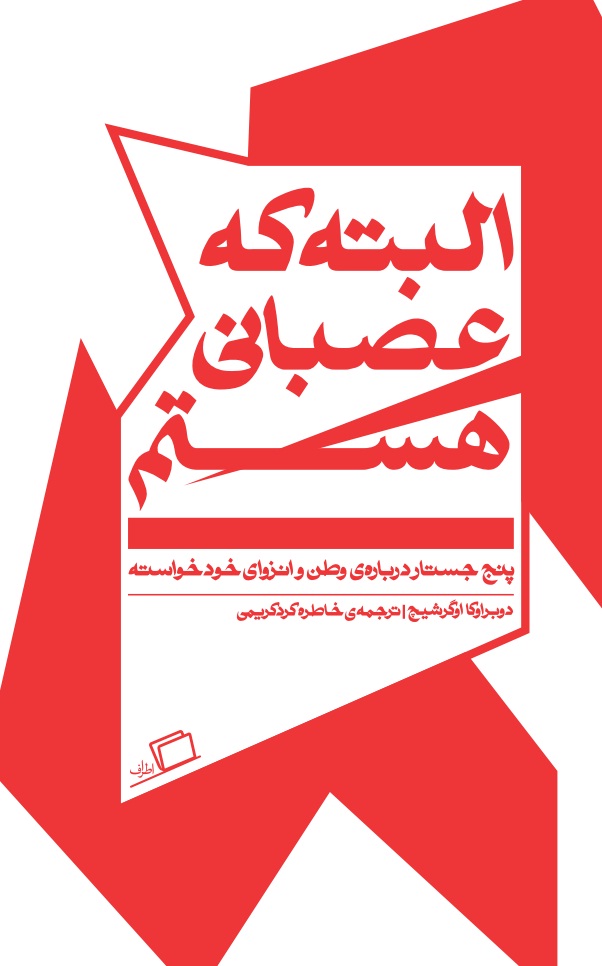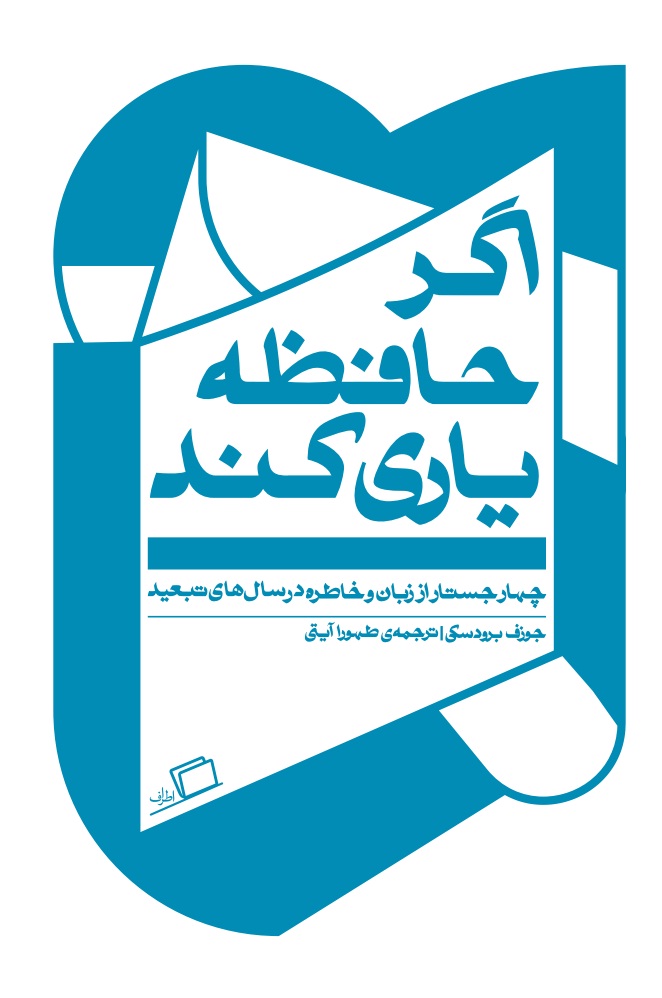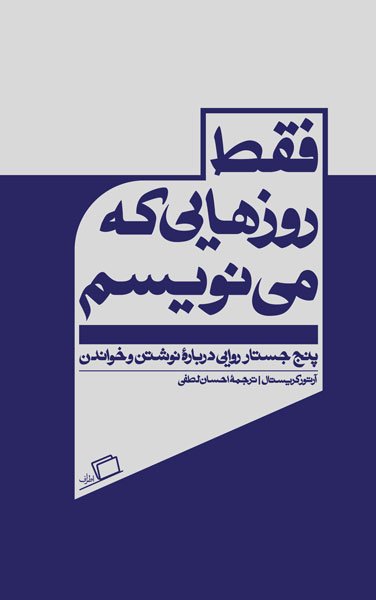
Part of Series
دوبراوکا اوگرشیچ نویسندهای یوگسلاو است. بعدِ تجزیهی یوگسلاوی، هویت ملیاش به یغما رفت و برای کرواتشدن زیر فشار قرار گرفت. چرا؟ چون زاگرب خانهاش بود. وقتِ تصمیمگیری بود: آیا هویت تازهاش را میپذیرفت؟ آیا به نبردِ تفوقِ کرواسی میپیوست؟ آیا از فرصت استفاده میکرد، بیصدا از کشور میزد بیرون و از نو در کشوری دیگر ریشه میدَواند؟ یا نه، میگفت «هر چه بادا باد! من یوگسلاواَم!» اوگرشیچ از همین دستهی هر چه بادا بادها بود. او قلمش را چون اسلحهای بالا گرفت، و علیه کسانی که برای ربودنِ هویت یوگسلاوش دستبهیکی کرده بودند، اعلام جنگ کرد. اوگرشیچ به کرواتی مینویسد و به ترجمهها برای معرفی آثارش به دنیای انگلیسیزبان بَسنده میکند. او در هیچ مصاحبه یا متنی اصرارش را به نوشتنِ صرف به زبان مادری توضیح نداده اما میشود با در نظر گرفتن مجموع آثار او اینطور برداشت کرد که نوشتن به زبانِ کرواتی مقاومت شخصی و همیشگی اوست در برابر انکار هویت یوگسلاوش. میتوانند گذرنامهاش را بگیرند، لقب جادوگر بهش بدهند، مجبورش کنند حرفهاش را در کشورهایی دیگر ادامه بدهد اما نمیتوانند زبانی را تغییر دهند که برای نوشتن انتخاب کرده. او شهروند ادبیات است و یک یوگسلاو که به کرواتی مینویسد. کتابهای او در کنار نویسندگانی صرب، بوسنیایی، اسلوونیایی و مقدونیهای در قفسهی کتابهای اسلاویک کتابخانهها میمانند تا آخرین گواهیهای بهجامانده از یوگسلاویای باشند که روزگاری وجود داشت.
Author

Dubravka Ugrešić was a Yugoslav, Croatian and Dutch writer. She left Croatia in 1993 and was based in Amsterdam since 1996. She described herself as "post-Yugoslav, transnational, or, even more precisely, postnational writer". Dubravka Ugrešić earned her degrees in Comparative Literature, Russian Language and Literature at the University of Zagreb, and worked for twenty years at the Institute for Theory of Literature at Zagreb University, successfully pursuing parallel careers as a writer and a literary scholar. She started writing professionally with screenplays for children’s television programs, as an undergraduate. In 1971 she published her first book for children Mali plamen, which was awarded a prestigious Croatian literary prize for children’s literature. Ugresic published two more books (Filip i Srecica, 1976; Kucni duhovi, 1988), and then gave up writing for children. As a literary scholar Dubravka Ugrešić was particularly interested in Russian avant-garde culture. She was a co-editor of the international scholarly project Pojmovnik ruske avangarde, (A Glossary of the Russian Avangarde) for many years. She rediscovered forgotten Russian writers such as Konstantin Vaginov and Leonid Dobychin, and published a book on Russian contemporary fiction (Nova ruska proza, 1980). She translated fiction into Croatian from Russian (Boris Pilnyak, Gola godina; Daniil Kharms, Nule i nistice), and edited anthologies of both Russian contemporary and avant-garde writing (Pljuska u ruci, 1989). Dubravka Ugrešić was best known in the former Yugoslavia for her fiction, novels and short stories: Poza za prozu, 1978; Stefica Cvek u raljama zivota, 1981; Zivot je bajka, 1983; Forsiranje romana reke, 1988. Her novel Forsiranje romana reke was given the coveted NIN-award for the best novel of the year: Ugrešić was the first woman to receive this honor. Croatian film director Rajko Grlic made a film U raljama zivota (1984) based on Ugrešić’s short novel Stefica Cvek u raljama zivota. Ugrešić co-authored the screenplay, as she did with screenplays for two other movies and a TV drama. In 1991, when the war broke out in the former Yugoslavia, Ugrešić took a firm anti-nationalistic stand and consequently an anti-war stand. She started to write critically about nationalism (both Croatian and Serbian), the stupidity and criminality of war, and soon became a target of the nationalistically charged media, officials, politicians, fellow writers and anonymous citizens. She was proclaimed a “traitor”, a “public enemy” and a “witch” in Croatia, ostracized and exposed to harsh and persistent media harassment. She left her country of origin in 1993. Dubravka Ugrešić continued writing since she began living abroad. She published novels (Muzej bezuvjetne predaje, Ministarstvo boli) and books of essays (Americki fikcionar, Kultura lazi, Zabranjeno citanje, Nikog nema doma). Her books have been translated into more then twenty languages. Dubravka Ugrešić has received several major European literary awards. In 2016, Ugrešić won the Neustadt International Prize for Literature. On March 17th of 2023, one of Europe's most distinctive essayists, Dubravka Ugrešić, died in Amsterdam at the age of 73.

